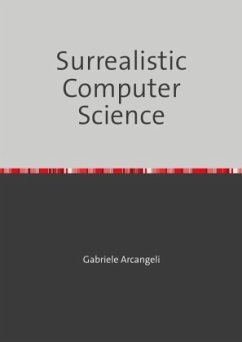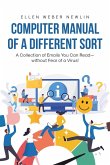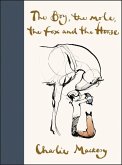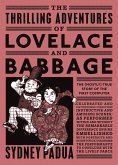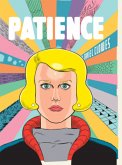This book will perhaps only be understood by those who have themselves already thought the thoughts which are expressed in it-or similar
thoughts. It is therefore not a text-book. Its object would be attained if there were one person who read it with understanding and to whom it
a orded pleasure. The book deals with the problems of Philosophy (of Informatics)1 and shows, as I believe, that the method of formulating these problems rests on the misunderstanding of the logic of our language. Its whole meaning could be summed up somewhat as follows: What can be said at all can be said clearly; and whereof one cannot speak thereof one must be silent. The book will, therefore, draw a limit to thinking, or rather-not to
thinking, but to the expression of thoughts; for, in order to draw a limit to thinking we should have to be able to think both sides of this limit (we should therefore have to be able to think what cannot be thought). The limit can, therefore, only be drawn in language and what lies on the other side of the limit will be simply nonsense."
Ludwig Wittgenstein, Tractatus-logico-philosophicus
(integrated by the Author)
thoughts. It is therefore not a text-book. Its object would be attained if there were one person who read it with understanding and to whom it
a orded pleasure. The book deals with the problems of Philosophy (of Informatics)1 and shows, as I believe, that the method of formulating these problems rests on the misunderstanding of the logic of our language. Its whole meaning could be summed up somewhat as follows: What can be said at all can be said clearly; and whereof one cannot speak thereof one must be silent. The book will, therefore, draw a limit to thinking, or rather-not to
thinking, but to the expression of thoughts; for, in order to draw a limit to thinking we should have to be able to think both sides of this limit (we should therefore have to be able to think what cannot be thought). The limit can, therefore, only be drawn in language and what lies on the other side of the limit will be simply nonsense."
Ludwig Wittgenstein, Tractatus-logico-philosophicus
(integrated by the Author)

